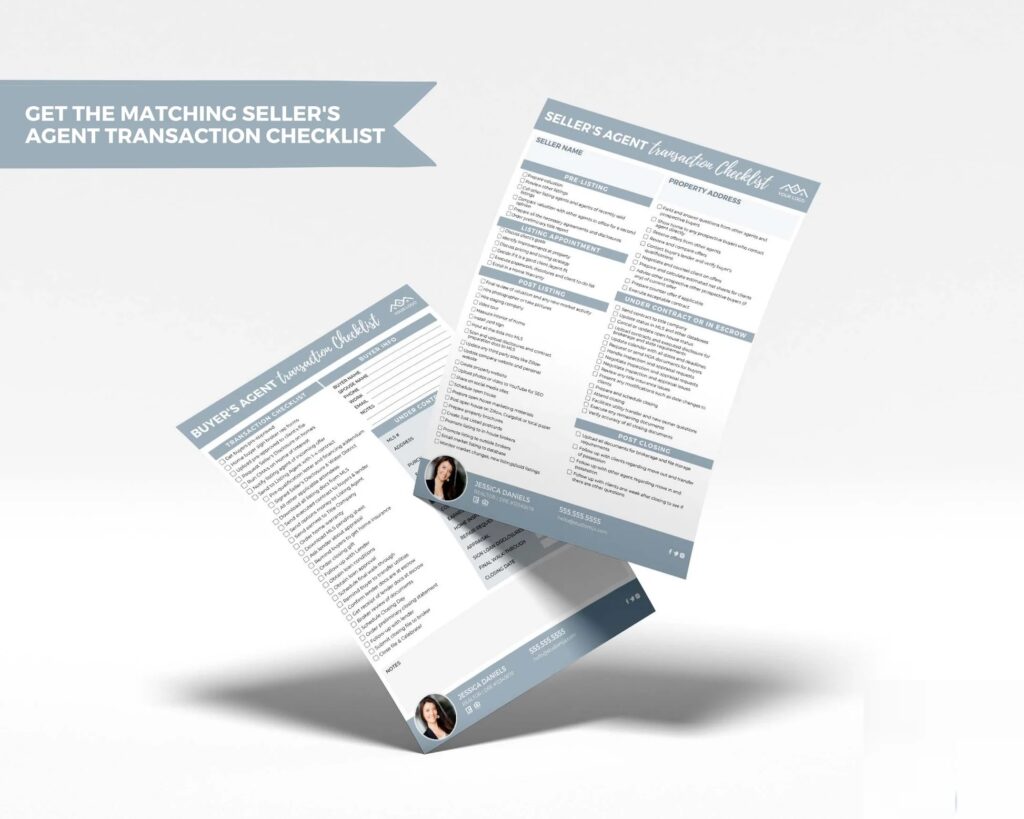
In real estate buyer agent checklist agents carry the responsibility of not only finding the right property for their clients but also ensuring that the entire transaction is legally sound. Overlooking even minor legal steps can lead to costly delays or disputes. A well-prepared legal checklist empowers agents to guide buyers confidently while maintaining compliance and protecting all parties involved. Here is an essential legal checklist every real estate buyer agent should follow to safeguard every transaction.
Verify Client Representation Agreement
Before beginning any formal work, it is important to have a signed buyer representation agreement in place. This legally binds the agent to act in the best interest of the client and clearly defines roles, responsibilities, commission terms, and the duration of representation. It ensures transparency and legal protection for both the agent and the client.
Ensure Mortgage Pre-Approval is Documented
While mortgage pre-approval is a financial step, it carries legal importance too. Confirm that your client has a valid, written pre-approval from a recognized lender. This document outlines their borrowing capacity and adds credibility when making offers. It also helps avoid legal complications related to financing contingencies later in the process.
Confirm Property Disclosures Are Provided
Sellers are legally obligated to disclose known issues with the property. As a buyer’s agent, you must ensure that your client receives all required property disclosures in writing. These may include details about structural defects, prior repairs, pest issues, or environmental concerns. Reviewing these documents with your client is critical to identifying potential legal or financial risks.
Review Title and Ownership Documentation
Once a property is identified, verify that the title is clear and transferable. Work closely with the title company or legal professionals to confirm there are no liens, easements, or disputes tied to the property. A clean title is essential for closing and future resale, and any issues should be addressed before moving forward.
Assist in Drafting a Legally Compliant Offer
Offers must be carefully drafted to include all legal components such as the purchase price, deposit terms, contingencies, closing date, and signatures. Ensure the language is clear and enforceable. Poorly written contracts can expose clients to unnecessary risk. A well-prepared offer helps streamline negotiations and protects your client’s interests.
Coordinate and Document All Inspections
Once an offer is accepted, help arrange property inspections and ensure findings are documented. If issues arise, guide your client on how to legally request repairs or renegotiate terms. Always keep records of communications and agreements related to post-inspection negotiations to prevent future disputes.
Monitor Contingencies and Legal Deadlines
Keep a close watch on all contract contingencies and critical deadlines, such as inspection periods, financing approvals, and closing dates. Missing a deadline can void contracts or lead to financial penalties. A calendar system or transaction management software can assist in maintaining compliance.
Ensure Accuracy at Closing
Before closing, review the settlement statement, loan documents, and final contract with your client. Confirm that all terms are accurate and that legal obligations are fulfilled. Being present or available during closing helps address last-minute concerns and reassures the client of a smooth conclusion.
Conclusion
A legally compliant transaction is the hallmark of a competent buyer agent. By following a structured legal checklist, agents can minimize risks, maintain ethical standards, and build lasting client trust. Every step taken to ensure legal clarity contributes to a successful and stress-free property purchase.








